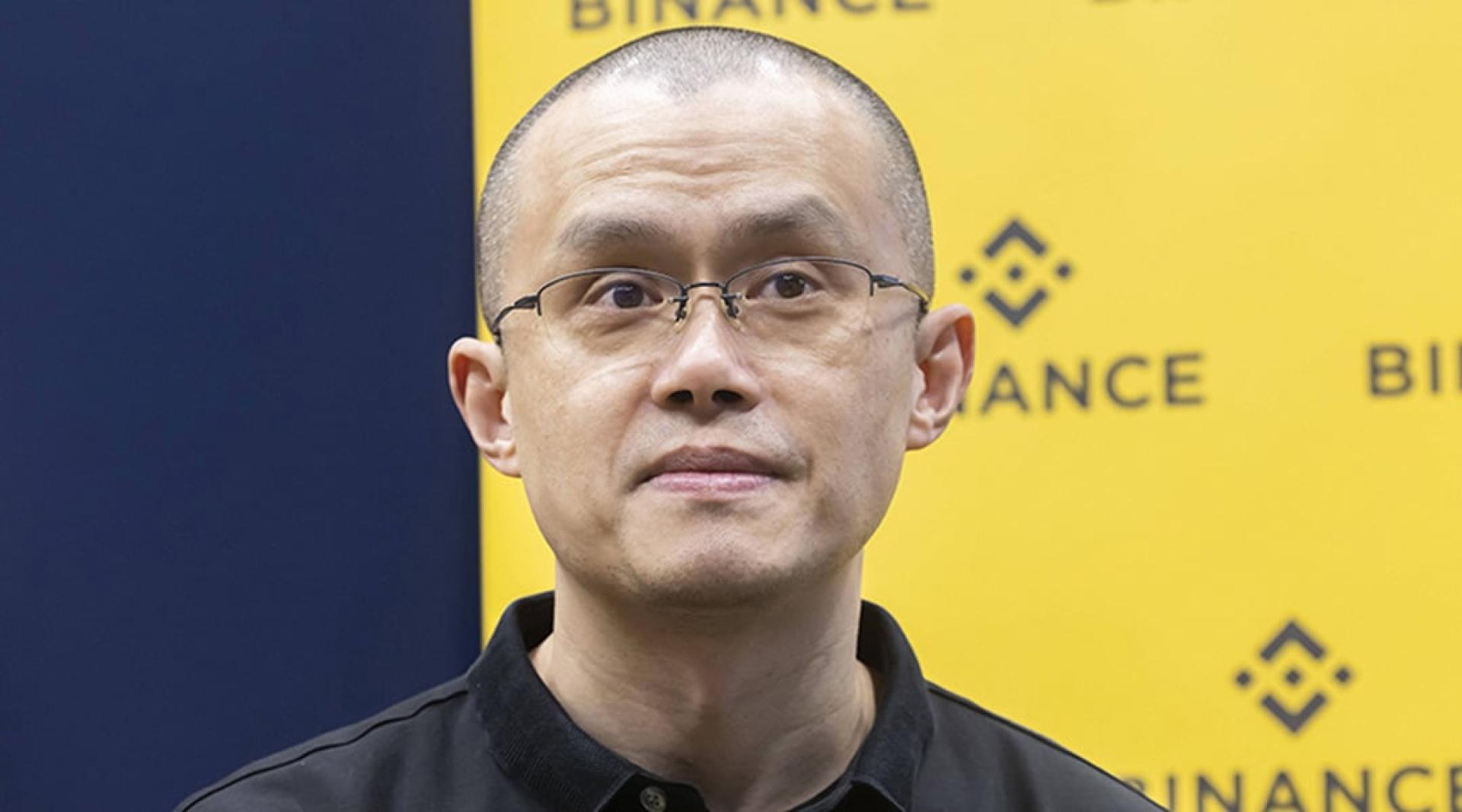On the 23rd, the White House announced that U.S. President Trump has pardoned Zhao Changpeng, founder of the cryptocurrency exchange Binance. Entrepreneur Zhao Changpeng was previously convicted of violating anti-money laundering regulations. This is the latest in a series of recent pardons by Trump for several crypto industry executives and other white-collar criminals.
According to foreign media reports, White House spokesperson Levitt stated in a statement that President Trump “issued a presidential pardon to Mr. Zhao under the constitutional authority granted to him—he is one of the victims of the so-called ‘war on crypto’ waged by the Biden administration.”
The statement also declared that Trump's predecessor Biden was “very hostile” toward the cryptocurrency industry.
Since Trump returned to the White House in January, his family has made millions of dollars in profits from various cryptocurrency investments, drawing criticism from political opponents, professionals, and ethicists, who allege that this may pose a conflict of interest. The White House denied these allegations, with Levitt saying that the Trump administration thoroughly reviewed all pardons.
Zhao Changpeng: Will Help the U.S. Become the Global Crypto Capital
Zhao Changpeng subsequently posted on social platform X, saying, “I am deeply grateful for the pardon and President Trump's decision to uphold the spirit of fairness, innovation, and justice in America,” and pledged: “I will do everything possible to make the United States the global capital of crypto.”
Binance is the world’s largest cryptocurrency exchange by trading volume. Zhao Changpeng is one of the most influential entrepreneurs in the crypto space.
In 2023, Binance pleaded guilty to failing to establish effective anti-money laundering mechanisms and agreed to pay a $4.3 billion (RM18.186 billion) fine. Zhao himself paid a $50 million (RM211 million) fine and served nearly four months in prison last year.
Zhao Changpeng was born in China and holds Canadian citizenship. Although he no longer serves as CEO, he retains shares in the company, which is now led by a successor he appointed.
According to the U.S. Constitution, the President has broad pardon powers, allowing him to revoke federal criminal convictions or reduce sentences. Historically, presidents have typically exercised this power toward the end of their terms, but there is no set time limit.
